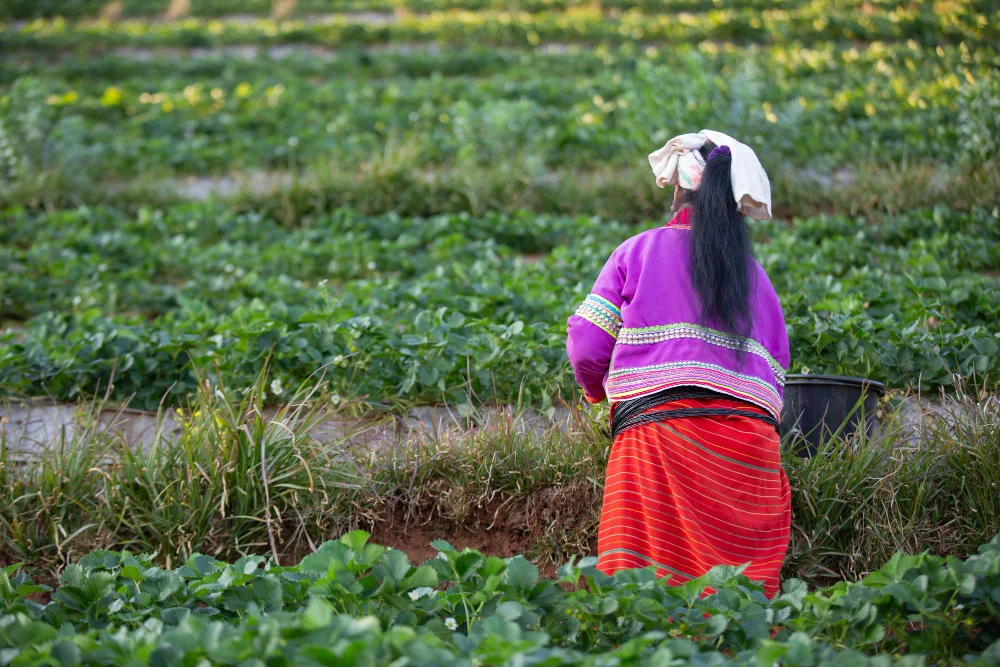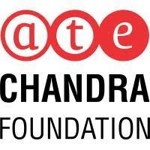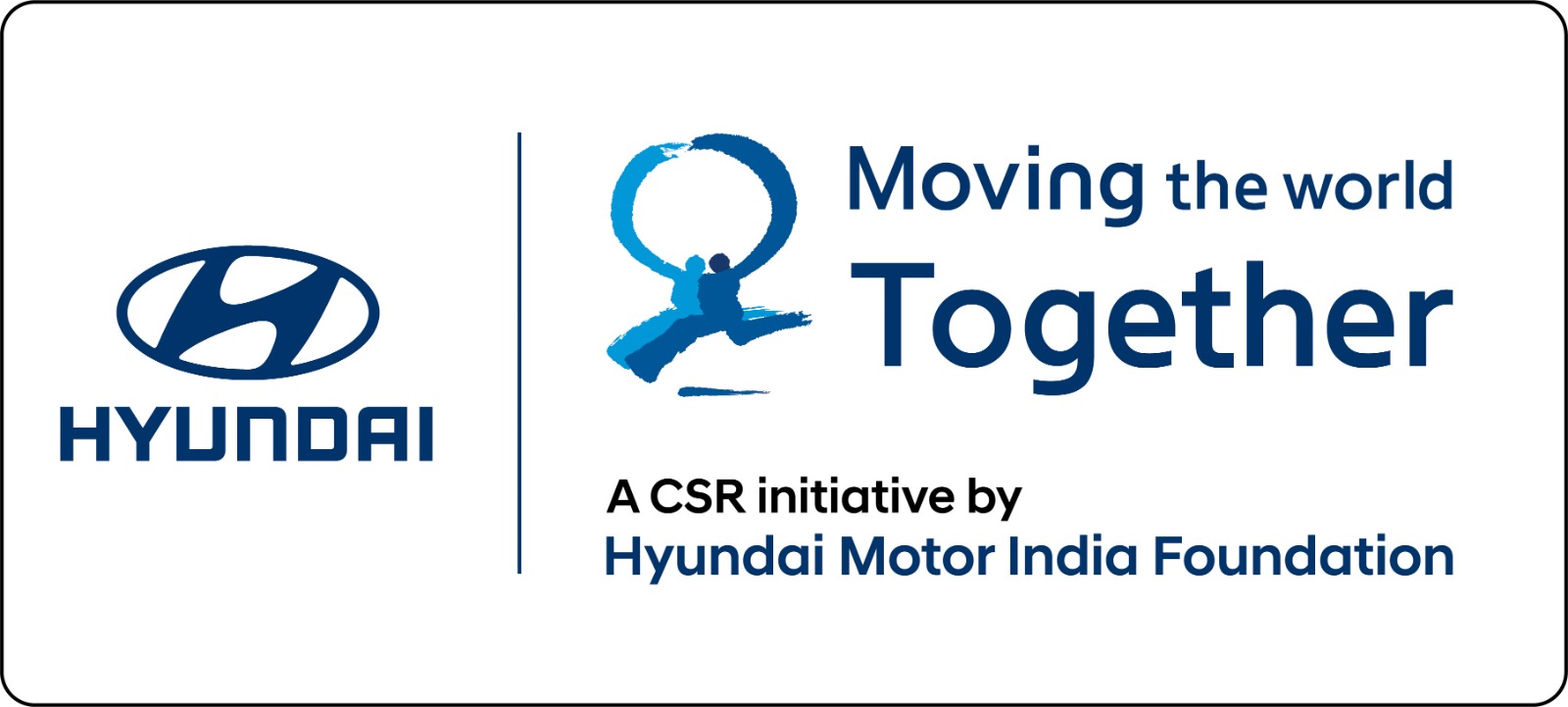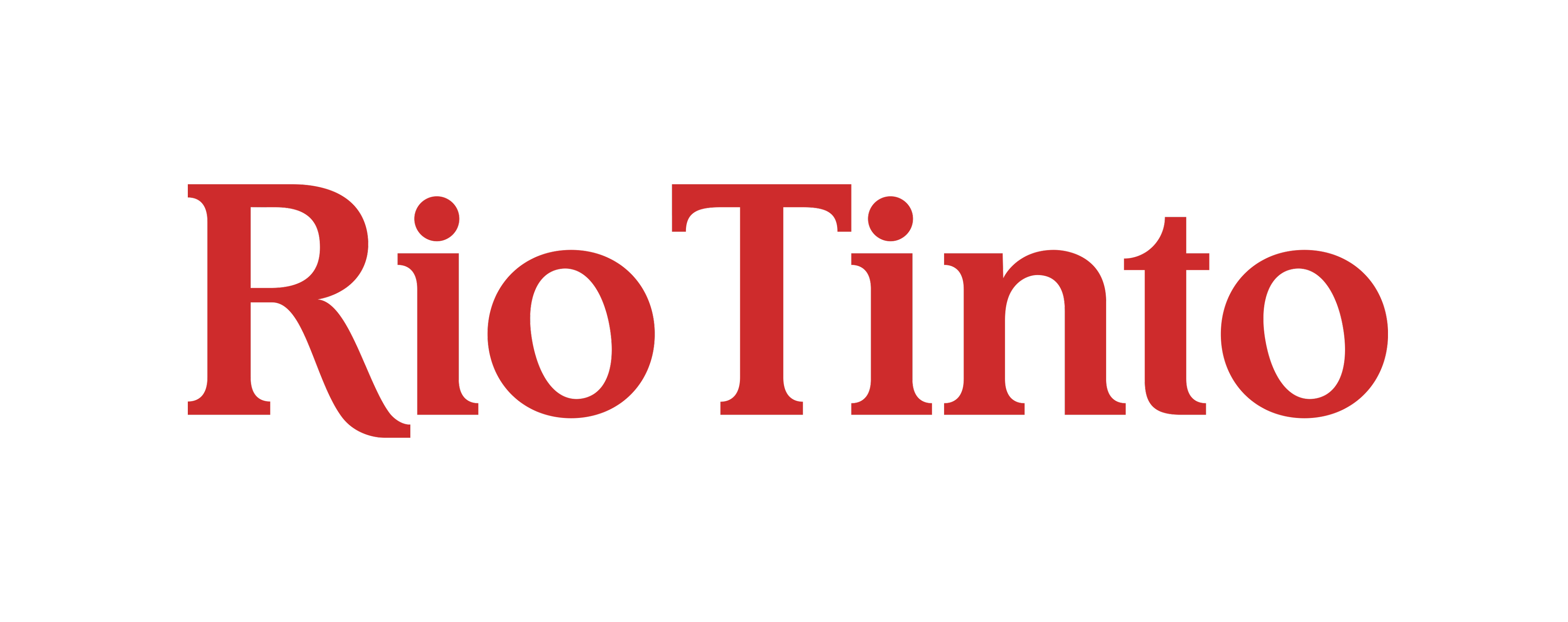
Locating the Woman Farmer in India’s FPOs
Author: Harrington, T., Narain, N., Rao, N., Rengalakshmi, R., Sogani, R., Chakraborty, S., and Upadhyay, A
There remains limited understanding of the needs and experiences of women in agriculture, particularly in the policy sphere. It is estimated that women are responsible for 60–80% of food production in most developing countries. However, they are largely underrepresented in terms of participation and leadership of India’s farmer-producer organisations (FPO). Since these organisations are aimed at strengthening farmer’s negotiating power in the market, it is important to ask to what extent are all members of the FPO benefiting from this in the same way?
Our CEO Dr. Nivedita Narain was part of a research collaboration that analysed the nature of tensions around social inequities—and how such tensions might be addressed in the collective spaces offered by FPOs—using a gender lens. This study fills an important research gap, and in doing so highlights the importance of assessment measures for improving programmatic effectiveness.
Conceptual Framework of the Study
The farmer-producer organisation (FPO) is an umbrella term used to describe modes of farmer collectivisation in India, including different kinds of co-operatives and companies (FPCs). In spite of the central role women play in various agricultural activities, they continue to be marginalised in terms of their participation in FPO activities and governance structures. Similar to studies of participation in SHGs and other programmes, the same overarching structural issues that drive gender inequality in wider society also hinder access to these benefits.
- The key research questions driving this study are:
- How can the needs of FPOs be understood along a continuum, where inclusivity and members’ needs may be dynamic and dependent across different stages of FPO development?
- How can FPOs be better designed at each stage of its development from the perspective of inclusion?
Methodology
With a novel research method, this paper presents new empirical evidence of how women-led FPOs are establishing social norms and organising for equity and inclusivity at different stages of their development. The advantages of FPOs are well-documented, but there is less understanding of how they develop over time, and what their needs are at different stages of development. After a thorough literature review, the authors identified the scarcity of empirical research that specifically analyses the inclusion of women in agriculture in FPO formation and governance. With only 3% of FPOs being female-led ventures, this study is novel in its focus on the experiences of women in FPOs. Studies were instead more commodity focused, while there was a paucity of research on the experiences of members in the FPOs.
A participatory research method was adopted to do a case study of three FPOs in India. FPOs were identified based on existing field studies, as participatory research would be further enriched by the relationship between researchers, NGOs, and communities that have been built over years. The team decided on three prerequisites for identifying FPOs for the study. First, they had to be operating at different stages of development – so FPOs were categorised into nascent, emerging, or mature FPOs. Second, the FPOs had to be female-led, and the three FPOs studied had over 75% of women participants. Finally, the 37 participants in the research study were randomly selected FPO members with different profiles, including male and female; initiators, trainers, mentors; adopters, leaders and directors, etc. This empirical data collection took place over March-December 2020.
The Significance of this Research
Through this study, the FPO is defined beyond the individual needs of its members and can be understood as a collective with overarching needs. The three case studies were instrumental in identifying how constructions of needs and perspectives of members differ across the stages of FPO development. It highlights the value of supporting and assessing FPOs according to their stage of development. This explorative study can inform industrial and governmental policies and strategies to support nascent, emerging and mature FPOs in specific regional contexts.
The overall findings of this research reinforced the potential of FPOs for farmers, while revealing new dimensions of its potential as a platform for collective action. As FPOs grow, their members are able to critically analyse and develop new norms and individual claims. Moving beyond basic requirements of the initial stage of formation, discussions around autonomy and representation of different FPO members gradually became important issues for FPOs. This reveals how it is important to conduct frequent and more holistic assessments of FPOs as they progress.
Particularly unique to this study is its use of a participatory research method. Given that the study includes FPO members from some of the most marginalised communities in India, a participatory method enables their ‘voices’ to be heard, therefore centering people over commodities. The semi-structured interview style limits intervention by the researcher and allows members to reflect and respond freely. As a result, this has enabled deeper insights into the functioning of institutions and nuanced interactions involving its members.
Conclusion
This study is an important contribution to the research agenda on gender inclusive development. In informing a better understanding of the interplay between the needs of individuals and the idea of collective spaces offered by FPOs, our findings also contribute new insights into ways in which collective spaces are forming, the hierarchy of spaces and kinds of nurture they require.
This speaks to the importance of designing inputs and indicators for better assessment. As FPOs evolve, members are able to develop a deeper understanding of their needs and also develop new ethical norms. This indicates how FPOs are a powerful vehicle of social change. It is important to develop instruments of assessment that can capture these actions, and accordingly develop a policy model to support FPOs through the various stages of its growth.











.png)

.png)

